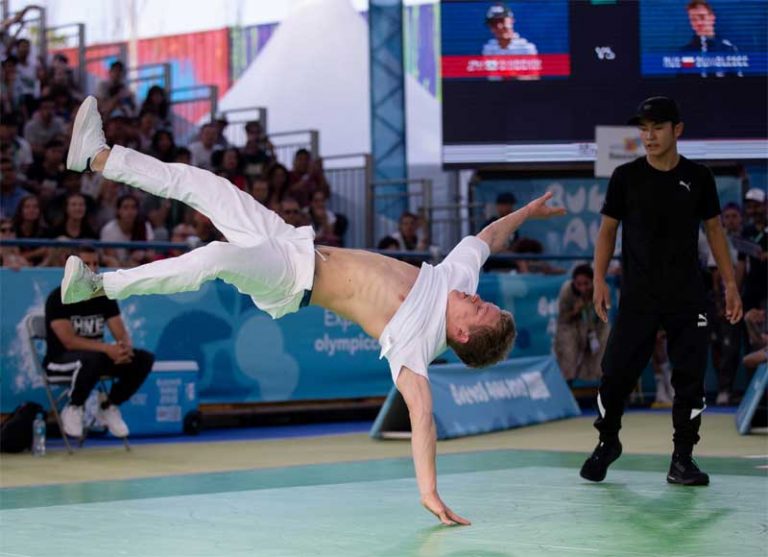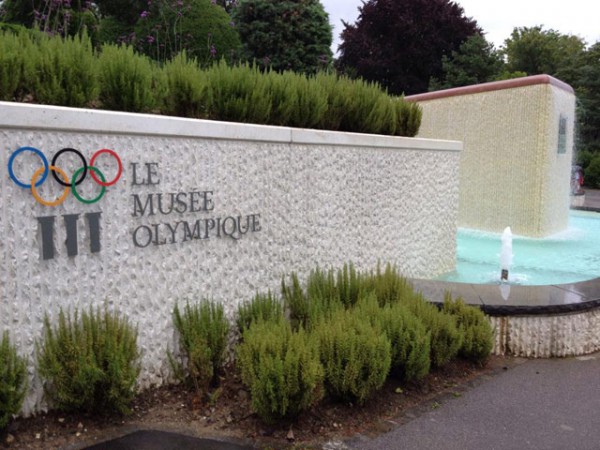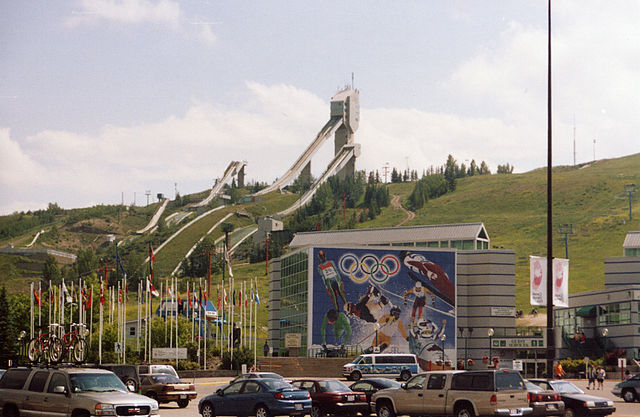
BidWeek, Reporting From Toronto, Canada – Unprecedented, again.
The National Basketball Association (NBA) season came to a screeching halt Wednesday for the second time this year, and it has caused a ripple effect across sports in the United States.
When the league’s regular season leading Milwaukee Bucks refused to take the court to face the Orlando Magic in a possible deciding first-round playoff game, it showed that players in the NBA’s COVID-19 protective bubble are not actually living ‘in a bubble.’
It was the coronavirus pandemic that prompted the league to end play in March as the NBA did its part to protect the health of the community; now the players are pushing to end play because racial injustice against the Black community just won’t go away.
‘Unprecedented’ is a word that has become too common in 2020, but a large scale pro sport boycott is indeed a first. While ‘sport’ and ‘boycott’ have already graced the same sentence in the context of multiple Olympic Games, I caution those who are likely to draw comparisons with the current NBA-led situation.

Diplomacy-fueled Olympic boycotts, in full retrospect, are largely ineffective and often harmful only to the athletes.
But to me, the movement triggered by the Bucks on Wednesday feels… right.
When on Sunday an unarmed Jacob Blake was shot seven times in the back by a Kenosha, Wisconsin police officer- with the Black victim’s children watching – it became abundantly clear that the catchy Black Lives Matter slogans woven on the uniforms of NBA stars can’t stop bullets. Constrained in their Orlando bubble, players feel frustrated and useless.
“You know, coming down here and making a choice to play was supposed to not be in vain, but it’s just starting to feel like everything we’re doing is going through the motions and nothing’s really changing,” Toronto Raptors’ guard Fred VanVleet said this week.
Change. On Wednesday the NBA cancelled all three scheduled playoff Games and teams from the WNBA, Major League Soccer (MLS) and Major League Baseball (MLB) postponed matches in support of the Bucks and the NBA. Golf, tennis and other sports have also been impacted by athletes taking a pause as the Bucks’ message spilled across the sports landscape. Some NBA players have discussed leaving the bubble and cancelling the season outright so they can do something and effect the needed change.
The NBA leadership and its players met Thursday to discuss next steps which will likely lead to resumed play and league support for new ways to further athletes’ actions.
The Milwaukee Bucks have boycotted Game 5 of their First Round series vs. the Orlando Magic this afternoon.
The team provided the following statement: pic.twitter.com/ul5rMlitlS
— Milwaukee Bucks (@Bucks) August 26, 2020
Some calls for Olympic boycotts in the past were triggered by racial and religious injustice, and there may be something to glean from this history.
The International Olympic Committee (IOC) has always sought to separate sport and “Olympic values” – and ultimately the Games themselves – from politics. Too, even in the early days of anthem-kneeling protests by NFL-football-star-turned-civil-rights-activist Colin Kaepernick, American pro sports thought it could follow the Olympic lead and keep it all about sport, and only sport.
Now that’s ancient history.
But let’s look further back.
In 1936 the American Olympic Committee (AOC, now known as the United States Olympic and Paralympic Committee) and then President Avery Brundage were ultimately against a proposed U.S. led boycott of the Berlin Olympics that were staged as a propaganda tool by Hitler’s fascist Nazi regime. Sports and politics don’t mix, it was thought.
To no avail, other sport leaders had applied pressure to the AOC to solidify a boycott, calling out Germany’s egregious breach of Olympic values against discrimination based on race or religion. A number of Jewish athletes around the world individually boycotted the events.
Nazi Germany was not a place to celebrate the Olympics – at all – and I applaud all those who made efforts to stop or boycott the event, but it is doubtful that a cancellation of those Games would have prevented the onward march of the Third Reich, the onset of World War II and the atrocities that would follow.
Although it hardly makes up for the actions of the regime, in an affront to Hitler’s propagandistic message on race superiority African American athlete Jesse Owens swept four athletics medals for the United States and created one of the greatest Olympic stories of all time. A silver lining if you will, but any possible message from political actions over these Games would have been futile.

In a notable exception where sport and politics were indeed mixed, the IOC banned the South African national Olympic committee and its athletes from the Games between 1964 and 1988 due to the nation’s discriminatory apartheid policy. But that didn’t stop 29 mostly-African nations from boycotting the Montreal 1976 Games in protest of the IOC’s inaction against New Zealand for sending its national rugby team to South Africa and breaking an important United Nations apartheid-related sport embargo.
In the end, South Africa’s policies and the Games in Canada were largely unaffected by the boycott, but hundreds of aspiring African Olympians were denied their time to shine on the big stage – a significant loss to the African sport community.
The cold-war inspired reciprocal boycotts by the West and East of the Moscow 1980 and Los Angeles 1984 Games have also been described as pointless, in retrospect, and only damaging to the athletes who saw their lifetime efforts unfulfilled.
The delivery of messages, the loss of dreams, and no real changes. That’s the failed Olympic boycott formula.
From the heartfelt statements of frustration and anguish by NBA players in the days following the Blake shooting, it’s clear athletes now understand that painting large “Black Lives Matter” letters on the hardwood, wearing inspirational slogans on their uniforms and kneeling during the national anthem – all from within a bubble – sends only a hollow message.
It is a message that hasn’t effected change or fully leveraged the powerful platform the players ultimately control.
We stand with our players. #JusticeForJacobBlake pic.twitter.com/yEPQ3cA4gC
— NBPA (@TheNBPA) August 26, 2020
These gestures evoke 1968 Olympic memories from Mexico City where U.S. Olympians Tommie Smith and John Carlos raised their fists in protest of Black inequality, when the national anthem played honoring their gold and bronze finishes in the 200-meter track event.
Though that moment ranks among the most iconic and inspirational Olympic medal ceremonies ever, the bold message was never constructively embraced. In fact, both athletes were immediately reprimanded.
Indeed, the IOC has since implemented a Charter rule stating “No kind of demonstration or political, religious or racial propaganda is permitted in any Olympic sites, venues or other areas,” a rule that is now understandably under intense scrutiny.
Expect more change on that soon.
But NBA players are done demonstrating, they want to actually do something.
You can’t blame NBA players from wanting to burst through that bubble, join their communities and get constructive.
Yes, they’re athletes with dreams – just like Olympians. In fact, some NBA players are Olympians. But unlike most Olympians, their stage will be there next year and the year after. They will survive. Their fear is that others may not.
Their reluctance to step onto the court shouldn’t be characterized as a boycott, but instead as a stoppage of play so that they can take care of what’s exponentially more important, and on top of mind.
Basketball can wait.
The fans can wait.
The fight against racial injustice, they’ve decided – cannot wait.
Los Angeles Lakers’ superstar LeBron James tweeted Thursday “Change doesn’t happen with just talk!! It happens with action and needs to happen NOW!”
These players want to get back to their families, back to their communities, they want to roll up their sleeves and try to fix what is wrong.
And they can’t do that behind a screen – or in a bubble.


